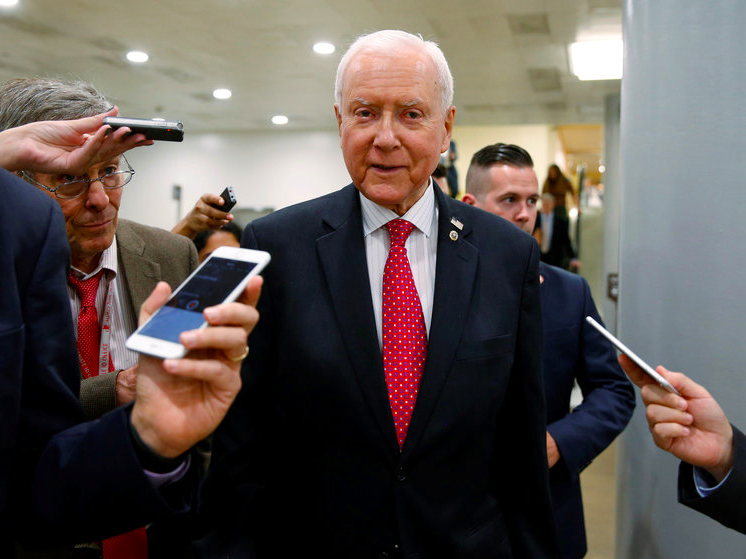WASHINGTON – Congress will not be able to reauthorize the Children’s Health Insurance Program (CHIP) by the September 30 expiration this weekend, sending certain states into a sense of panic as funds begin to dry up.
Created during the Clinton administration, CHIP covers nearly 9 million children across the United States in certain middle-class families, which costs taxpayers nearly $14 billion every year, according to Vox.
Sens. Orrin Hatch and Ron Wyden, who head the Senate Finance Committee, reached an agreement earlier this month and introduced a bipartisan bill to extend the program for five years. However, there has been little movement and CHIP will not be reauthorized on October 1.
Other senators on the Finance Committee are confident an extension can get done before states are stretched too thin, likely in the coming weeks.
Iowa Sen. Chuck Grassley, Republican, told Business Insider an “overwhelming number of states have some money to continue to spend” and he is confident a deal can be reached.
"So think that in other words, there's a few days leeway - there might be a few weeks leeway," Grassley said. "But I can't be specific because I don't know but it's too bad it's not done right now."
Democratic Sen. Tom Carper said "most people agree CHIP's a good program" and that sense of agreement is why lawmakers will move to reauthorize in the coming weeks. But Carper noted that such a timeline is unclear for the program he called "Orrin Hatch's baby."
"If I told you I could say it's about three and a half days and I'd be lying," he said. "I don't know what the timeline is, but I know there's not just Democrats."
Most concerned with the ramifications of CHIP's expiration was Ohio Republican Rob Portman.
"Originally we were told it wouldn't be until after the first of the year that we'd run out of money" Portman told Business Insider. "Now we think actually in Ohio we could run out of money in by the end of this year by December 31. So it's an issue, we gotta get it moving."
When asked what was standing in the way of a CHIP reauthorization, Portman suggested the program's high cost to taxpayers was the primary issue.
"We're in agreement on policy but we're not in agreement yet on what the pay-fors will be," he said.
